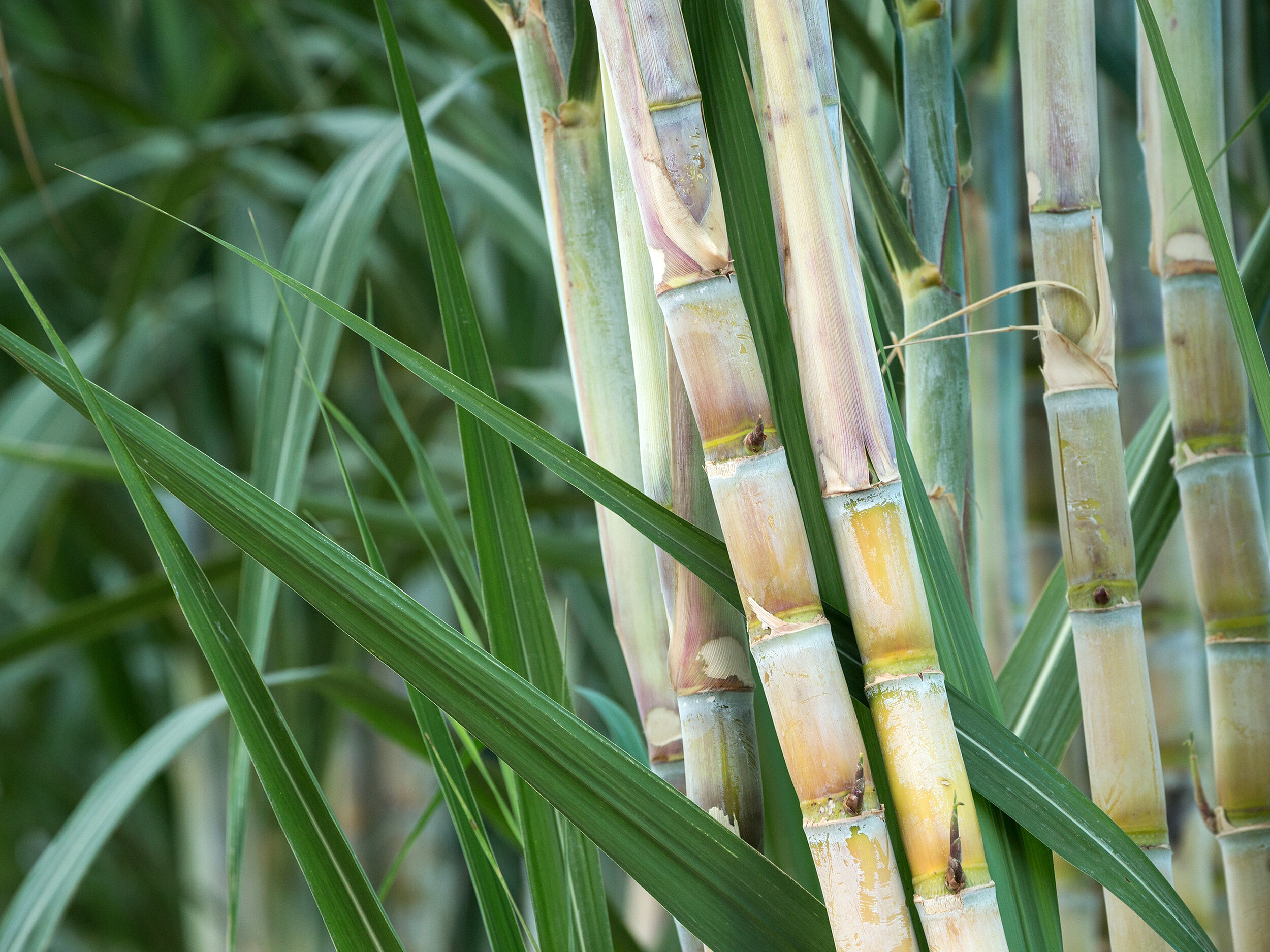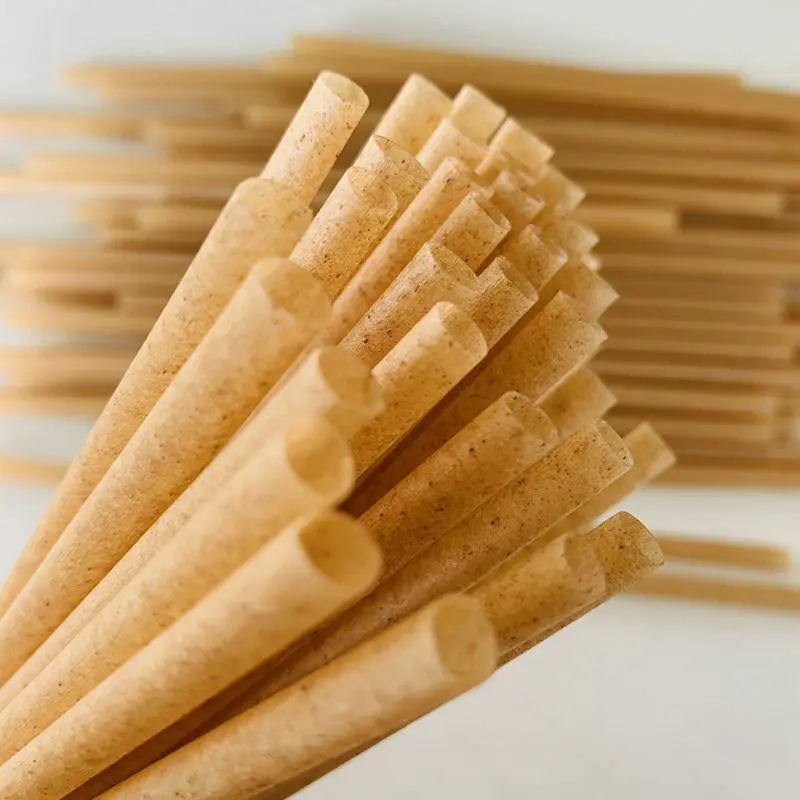Sustainable Sugarcane Products: From Sweeteners to Eco-Friendly Goods
The capacity of lasting sugarcane products expands past conventional sugar to include an array of environmentally friendly items, presenting a compelling case for their assimilation into modern-day customer methods. As the world grapples with pushing environmental problems, sugarcane emerges as a flexible source qualified of addressing both nutritional demands and sustainability goals.
Summary of Sugarcane Sustainability
As the demand for eco-friendly items expands, recognizing sugarcane sustainability becomes increasingly important. Sugarcane, a functional crop, is grown primarily in subtropical and tropical regions, and its sustainability is crucial for both ecological wellness and economic feasibility. Sustainable sugarcane farming practices concentrate on minimizing environmental effect while taking full advantage of performance and productivity.
Key elements of sugarcane sustainability consist of effective land usage, reduced chemical input, and enhanced water management. Practices such as plant turning, integrated parasite administration, and organic fertilization add to soil health and wellness and biodiversity. In addition, ingenious innovations, such as accuracy farming, help maximize source use and decrease waste.
Furthermore, sugarcane is a renewable energy, with spin-offs that can be made use of in different markets, from biofuels to eco-friendly plastics, thus minimizing reliance on nonrenewable fuel sources and lessening carbon impacts. Accreditations like the Bonsucro typical motivate sustainable practices across the supply chain, advertising transparency and responsibility.

Sugarcane-Based Sweeteners
Utilizing sugarcane as a main resource, sugarcane-based sugar have actually gained prominence as all-natural options to polished sugars and synthetic sugar (sugarcane product). These sugar, stemmed from the extraction and processing of sugarcane juice, supply a series of items that satisfy diverse customer preferences, including natural and minimally refined choices
Raw walking cane sugar keeps even more of the natural tastes and nutrients found in sugarcane, making it a favored option for health-conscious consumers. Panela, a standard Latin American sweetener, is generated by evaporating sugarcane juice, maintaining its natural minerals and vitamins.
The expanding demand for sugarcane-based sweeteners is driven by raising recognition of health and wellness and sustainability issues related to conventional sweeteners. By choosing sugarcane-derived products, customers not only sustain lasting agricultural practices yet likewise add to a much healthier lifestyle, aligning their nutritional selections with their ecological values.
Eco-friendly Packaging Solutions
Arising as a sensible choice to traditional plastics, biodegradable product packaging remedies derived from sugarcane are changing the packaging sector. These innovative materials offer an eco-friendly option that deals with the growing worries over plastic air pollution. Making use of the all-natural sugars found in sugarcane, producers are developing numerous types of biodegradable product packaging, consisting of movies, containers, and wraps that disintegrate a lot more rapidly than typical plastics.
The key benefits of sugarcane-based packaging hinge on its sustainable sourcing and its capability to break down right into safe by-products. Unlike fossil fuel-derived plastics, which can continue the setting for hundreds of years, sugarcane additional reading product packaging generally decomposes within a few months under correct conditions. This decrease in waste not only mitigates landfill overflow yet likewise decreases the carbon footprint associated with packaging materials.
Furthermore, sugarcane-derived packaging preserves robust efficiency qualities, offering comparable resilience and functionality to conventional choices. As customers and businesses increasingly prioritize sustainability, the fostering of biodegradable packaging remedies stands for a considerable action in the direction of a round economic climate, where materials are recycled and regrowed instead of disposed of. This shift not just improves brand picture yet additionally contributes to a more lasting future for the world.
Eco-Friendly Textiles and Fabrics
Eco-friendly textiles and textiles are getting grip in the style and home goods sectors as customers progressively demand sustainable choices to conventional products. Among the notable choices are textiles stemmed from sugarcane, which supply an environmentally liable alternative to synthetic fibers. These textiles are produced via a process that makes use of the renewable resources located in sugarcane, considerably reducing reliance on petroleum-based materials.

Brands are increasingly incorporating environment-friendly fabrics into their line of product, reflecting a wider commitment to sustainability. This change is pop over to this web-site not just a pattern yet a necessary evolution in reaction to environmental issues. As the market for lasting textiles broadens, consumers can look forward to innovative designs that combine style with ecological responsibility. Ultimately, environmentally friendly textiles and fabrics represent a significant action towards minimizing the garment industry's environmental footprint while accommodating the expanding need for accountable consumer options.
Developments in Sustainable Farming
Revolutionizing farming practices, advancements in lasting farming are changing the way plants are grown and taken care of. These developments concentrate on reducing environmental influence while taking full advantage of performance and productivity.

Moreover, agroecology, which integrates ecological concepts into farming, promotes biodiversity and soil health and wellness. Practices such as plant turning, cover chopping, and intercropping foster durable ecosystems that can endure bugs and environment variants - sugarcane product. In addition, the usage of natural plant foods and biopesticides contributes to healthier dirts and communities

Together, these developments are not only reshaping the agricultural landscape yet additionally adding to a much more sustainable future for sugarcane and various other crops, lining up agricultural experiment ecological stewardship.
Final Thought
Sustainable sugarcane products stand for a considerable development in environment-friendly alternatives, spanning from all-natural sweeteners to biodegradable items. The farming of sugarcane via sustainable practices not just improves environmental wellness but additionally adds to financial practicality. As consumer choices increasingly lean in the direction of sustainable alternatives, the versatility of sugarcane as an eco-friendly source becomes significantly relevant. This trajectory emphasizes the significance of ongoing technology and commitment to lasting methods within the sugarcane sector, promoting an extra sustainable future.
The capacity of lasting sugarcane you can find out more products prolongs past typical sweeteners to include a variety of eco-friendly goods, providing an engaging case for their integration into contemporary customer practices. Sustainable sugarcane farming methods concentrate on decreasing ecological impact while maximizing performance and earnings.
Lasting sugarcane items stand for a substantial advancement in environmentally friendly options, covering from all-natural sugar to eco-friendly items. The farming of sugarcane via lasting techniques not just enhances environmental health and wellness however likewise contributes to economic practicality. As consumer preferences progressively lean in the direction of sustainable choices, the flexibility of sugarcane as a sustainable resource becomes increasingly pertinent.